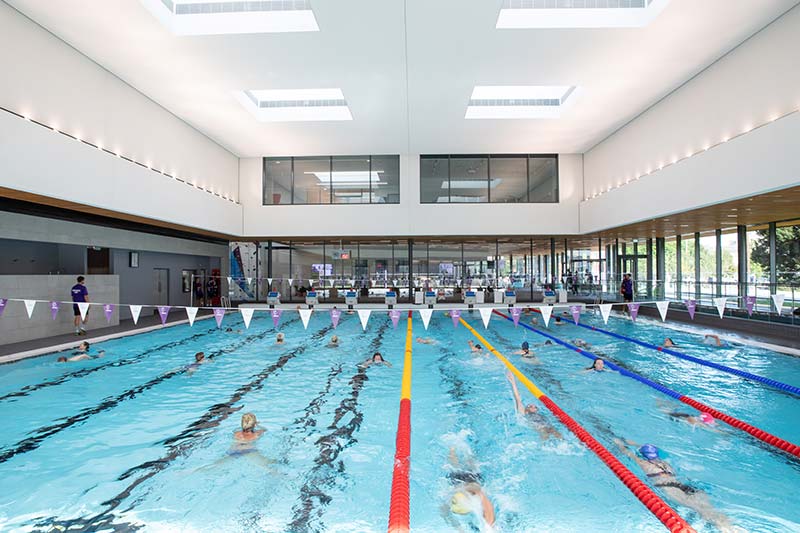Overview
If you want to help children have the best start in life, there are questions you need to explore. For example: how is their wellbeing affected by factors like digital technologies, race, culture and globalisation? On this course, you'll look for answers across a child's crucial first 8 years.
On your BA (Hons) Early Childhood Studies degree, you’ll discover how a child develops physically, emotionally and mentally. And with plenty of opportunities to work with children, you’ll practice how to make a positive difference for them. You can customise your degree and develop specialist skills that are valued in a variety of professions, such as therapeutic play.
Course Highlights
- Learn different ways to measure children’s development from birth to age 8, which you can apply in all kinds of careers
- Choose to do a different work placement in every year of study – from local schools, early childcare settings or health and social care environments that put young children first
- Have the opportunity to do an additional work placement year after your second or third year on this Connected Degree - we're the only UK university to offer flexible sandwich placements for undergraduates
- Develop new skills in support of children's social, emotional and mental health by working with them in our own play and sensory rooms, and in outdoor environments such as forests and beaches
- Look at how children are affected by society and politics, and discover what psychology and philosophy teach us about early years
- Have the option to work towards achieving Early Childhood Graduate Practitioner Competencies (GPC) alongside your degree
- Be taught by experts and hear from guest speakers, with unique insights into childhood and education based on their lived experience
- Help tackle inequality by taking part in local initiatives that make a difference to children and families
- Gain transferable skills in psychology, sociology, teaching and learning, leadership and management, and creative thinking
- Take advantage of our Institution-Wide Language Programme and learn a foreign language for free as part of your degree, choosing from Arabic, British Sign Language, French, German, Italian, Japanese, Mandarin or Spanish
Careers and opportunities
You’ll graduate with rewarding career options, including working with children, families and communities in a variety of professional roles.
This BA Early Childhood Studies degree offers a broad range of skills in professional practice in education, enterprise and leadership, supporting children's development, working with families, fostering wellbeing, therapeutic practice, and more.
You could also take your studies further on a postgraduate course, such as MA Education Studies or MSc Educational Leadership and Management.
Our graduates work in a range of educational roles and settings:
- early years teaching – with Early Years Teacher Status (EYTS)
- primary teaching – with a PGCE or SCITT (School-Centred Initial Teacher Training) leading to QTS (Qualified Teacher Status)
- pedagogical leadership in early childhood
- early years provision and setting management
- forest school leadership and training
- freelance education and private tutoring
- special educational and disability needs
Our graduates also pursue a variety of careers related to health and wellbeing:
- therapeutic play – further training may be required
- health and wellbeing promotion
- family support
- professional nannying
- play work
Our graduates also become consultants and researchers into early years issues.
Ongoing career support – up to 5 years after you graduate
Get experience while you study, with support to find part-time jobs, volunteering opportunities, and work experience.
Towards the end of your degree and for up to five years after graduation, you’ll receive one-to-one support from our Graduate Recruitment Consultancy to help you find your perfect role.
















